The Health-Climate Nexus – Report Launch
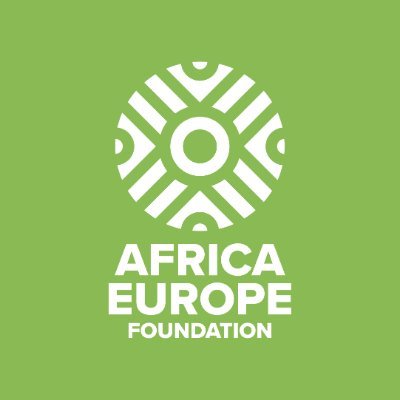
Join the Africa Europe Foundation on 28 October from 15:00 to 16:30 CEST for the launch the 2021 flagship report of the Africa-Europe Foundation’s High-Level Group of Personalities (HLG) on "Pandemic Preparedness and the Future of Health Care”. The launch of the HLG Flagship Report represents a landmark moment for reinforcing health and climate at the heart of a strengthened Africa-Europe Partnership.
4th East African Banking & Microfinance Forum
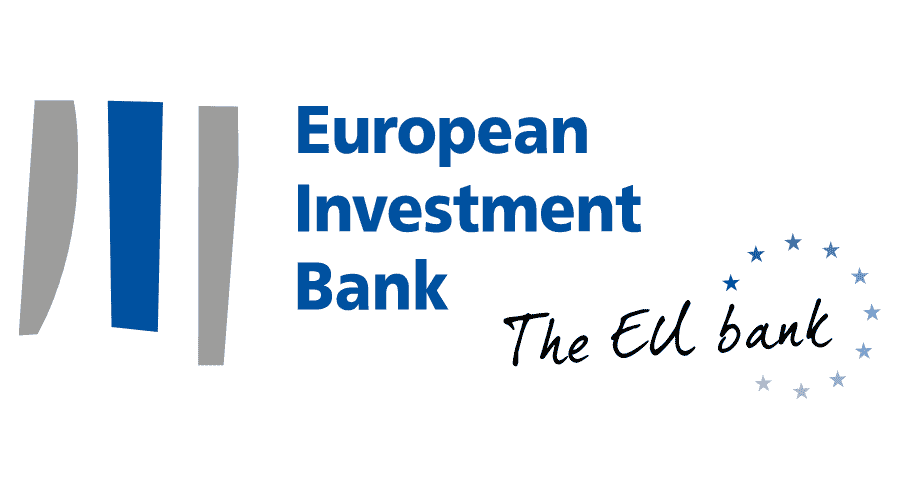
The 4th East African Banking & Microfinance Forum hosted by Trade Development Bank (TDB), in collaboration with European Investment Bank (EIB) will take place virtually from 11 – 12 November 2021.
la Transformation des économies d’Afrique de l’Ouest à travers un partenariat renforcé entre les secteurs privés européen et ouest-africain
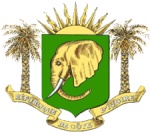
L’Ambassade de Côte d’Ivoire à Bruxelles a demandé l’appui de la CBL-ACP à la mobilisation des entreprises membres, pour participer à deux (2) réunions virtuelles. Ces réunions seront organisées par l’Ambassade en collaboration avec la Direction Générale des Douanes ivoiriennes, l’Ambassade de la Belgique en Côte d’Ivoire et le Ministère ivoirien Délégué, chargé de l’Intégration Africaine.
Elles se tiendront à l’intention des entreprises qui ont déjà ou ambitionnent de nouer des relations d’affaires avec des structures nationales en Côte d’Ivoire et/ou dans la région ouest-africaine.
61st Annual Meeting of the European Trade Promotion Organisations
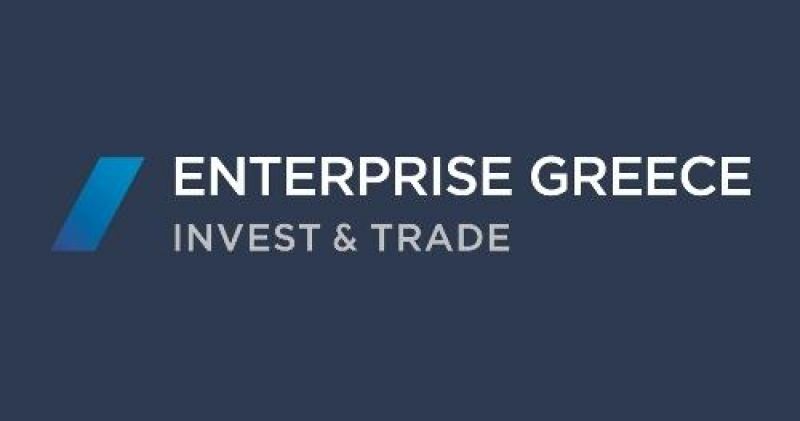
Connecting Europe with Africa: promoting economic collaboration and dialogue
In the context of the new EU-Africa Strategy, outlined in the Joint Communication “Towards a Comprehen- sive Strategy with Africa”, the conference will try to contribute to the political dialogue on how to achieve a mutually beneficial cooperation between the EU and Africa in key areas of common interest. Ahead of the EU-Africa Summit, the conference will try to liaise with the discussions held at the EU-Africa Business Forum on green energy transition, held on 16 and 20-21 April 2021, and the identified challenges that Africa is facing concerning the access to clean and reliable energy. Africa’s prospects present Europe with opportunities in many pivotal areas, such as inclusive and sustainable growth, as well as the twin transition, while the future strategy should support PPPs and include the private sector in order to be successful.
Africa’s security partnership with China: looking to the future

Date: 28 & 29 September 2021
Time: 10h00 - 14h30 (GMT+2)
Venue: Online, registration required
The Forum on China-Africa Cooperation (FOCAC) is the leading platform for advancing relations between the continent and China. Peace and security matters will feature on the agenda of the November 2021 meeting. In preparation for the summit, this two-day seminar will consider three questions:
• What are the main factors shaping Africa–China security cooperation?
• What are the security implications for Africa of the Belt and Road Initiative, including in the maritime domain?
• How have Africa and China cooperated on peace operations, counter-terrorism and the African Peace and Security Architecture?
PAFO–COLEACP INNOVATIONS SERIES: Innovations and successes of African farmer-led businesses and SMEs

Session N°6
Promoting sustainable agriculture and agroecological practices:
the key role of MSMEs and farmers organisations
30th September 2021, 12:00-14:00 (GMT)
English-French interpretation available
Talking Africa-Europe 2021
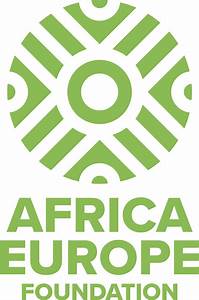
Join the Africa Europe Foundation this Tuesday, 28 September 15:00 to 16:15 CEST for the launch of the Talking Africa-Europe 2021 Series focusing “Localising the Africa-Europe Partnership”.
The 2021 ‘Talking Africa-Europe’ dialogues will bring together a host of diverse voices from city mayors, youth representatives, EU and AU Commissioners, as well as civil society and business leaders to open up and deepen the space for discussion on the future of this crucial relationship.
Africa Resilience Forum
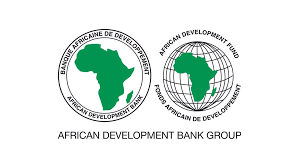
What: Africa Resilience Forum – Fourth Edition
Who: African Development Bank
When: 28 to 30 September 2021
Where: Virtual
The Africa Resilience Forum is a flagship event conceived by the African Development Bank to bring together key stakeholders (across government, civil society, private sector, and international partners), to reflect on policies and approaches that support the continent’s efforts around conflict prevention, peace, and state-building initiatives.
Intra-African Trade Fair 2021

The African Export-Import Bank (Afreximbank) in collaboration with the African Union Commission (AUC) and the Government of the Republic of South Africa will be hosting the 2nd edition of the IntraAfrican Trade Fair (IATF2021) in Durban, South Africa from 15-21 November 2021 under the theme “Building Bridges for a Successful AfCFTA (African Continental Free Trade Area)”.
LE ROLE DES ZES DANS L'ACCÉLÉRATION DU CO-DÉVELOPPEMENT
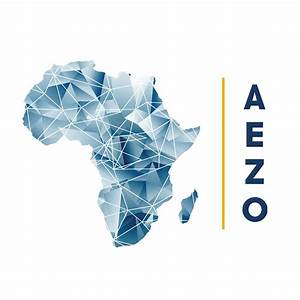
Africa Economic Zones Organization (AEZO) a le plaisir de vous convier à un webinaire de haut-niveau en partenariat avec la Fondation la Verticale AME (Afrique-Méditerranée-Europe) et l’Institut de Perspective Economique du Monde Méditerranéen (IPEMED) sous le thème :
« Afrique-Europe : Le rôle des Zones Économiques Spéciales Sécurisées, dans l’accélération du co-développement »
Nous avons l’honneur de vous inviter à prendre part à cette rencontre virtuelle qui aura lieu :
Mardi 28 Septembre 2021 à 09 :30 (GMT+1).




